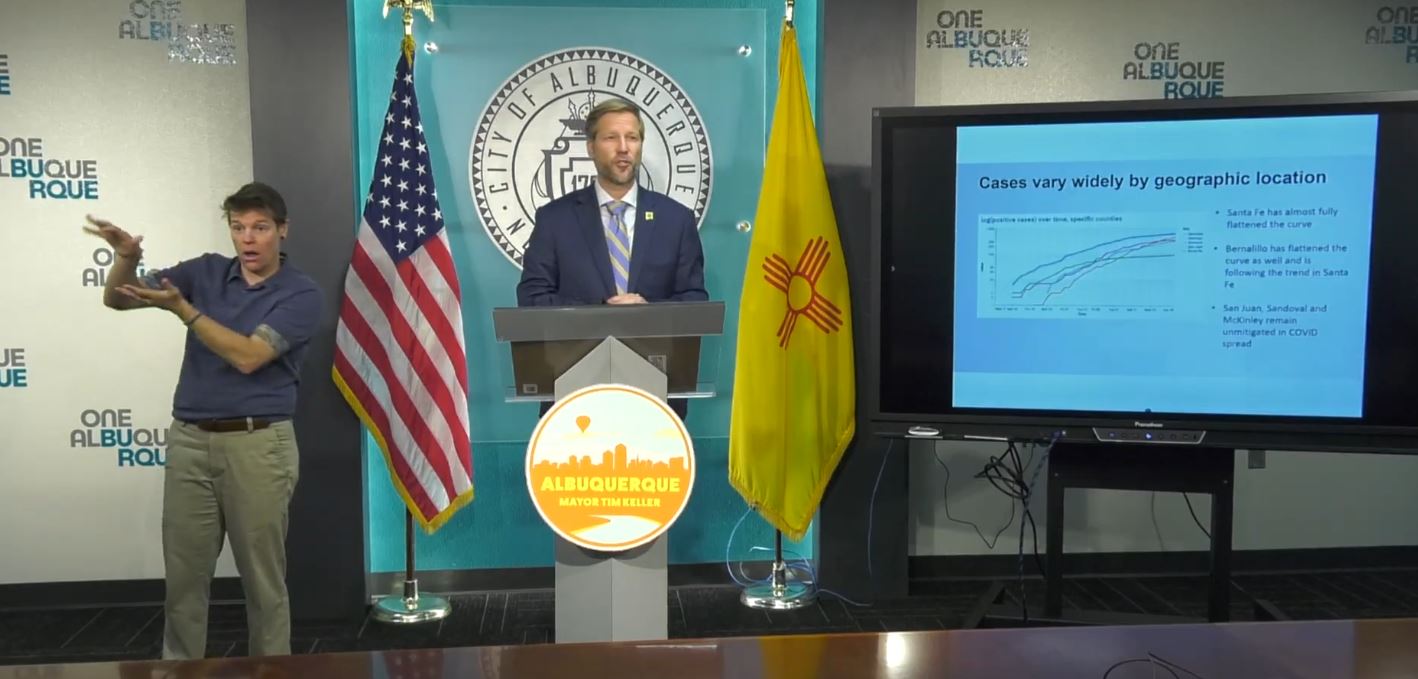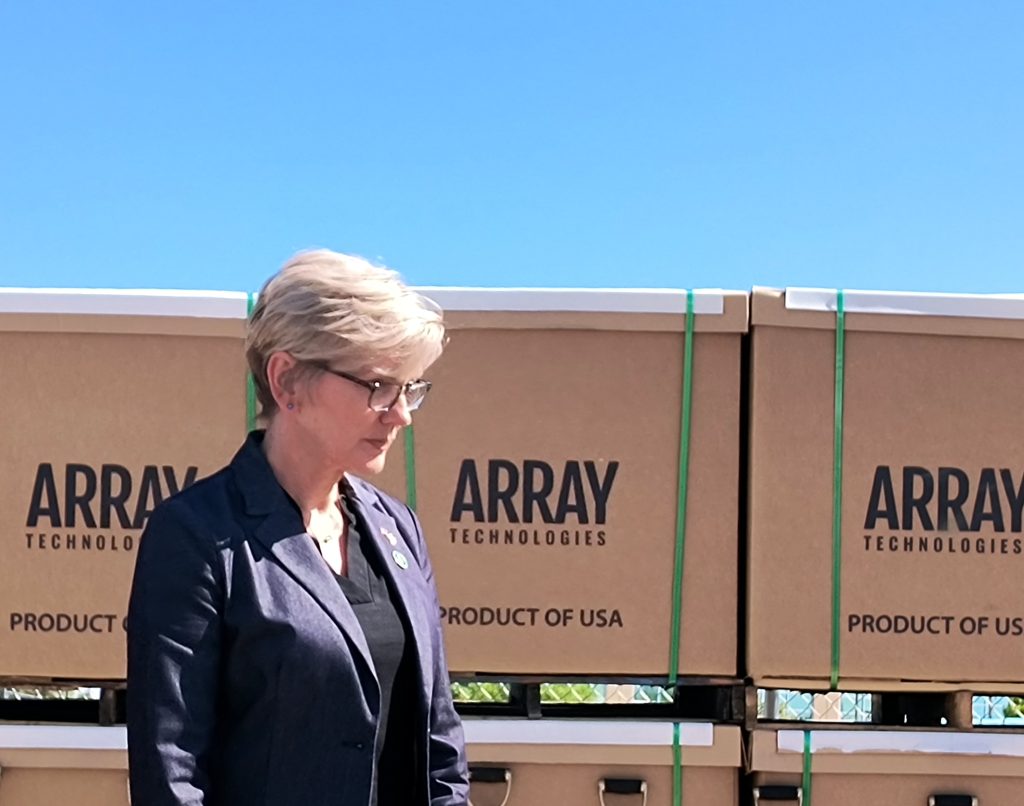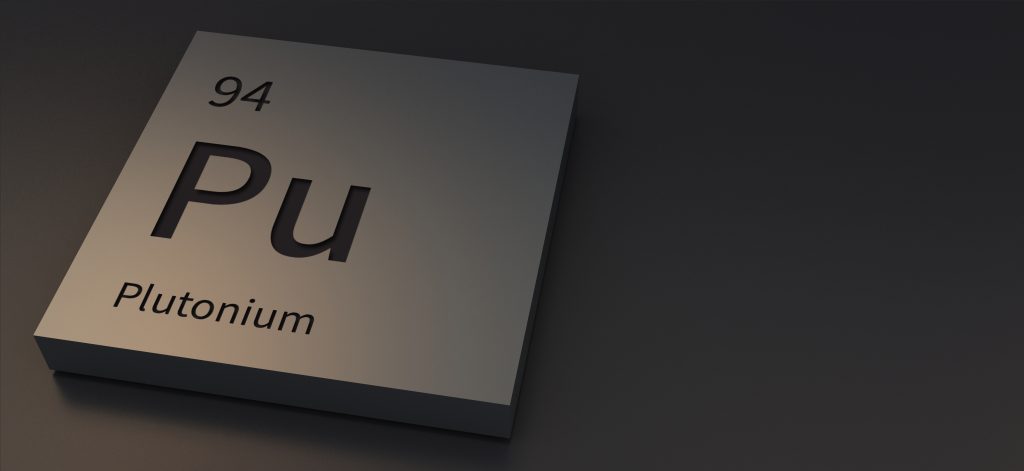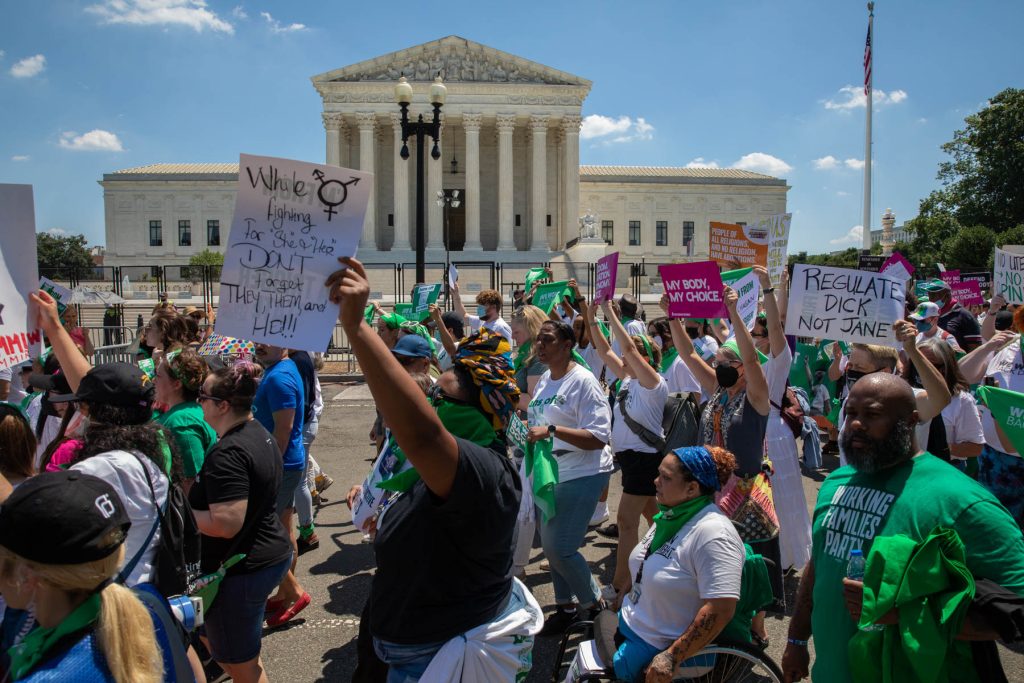Immigrants, including those who lack U.S. citizenship documentation, can get tested for COVID-19 and seek medical care at a public hospital free of charge.
A visit to the hospital will not result in a charge against an undocumented immigrant, according to Michelle Melendez, director of Albuquerque’s Office of Equity and Inclusion. She also said social security numbers will not be gathered.
That message was one part of Albuquerque Mayor Tim Keller’s Facebook live press conference Monday to address equity, one of Keller’s signature concerns as mayor. When Keller took office in 2017, he created the Office of Equity and Inclusion to address systemic racism in the city and selected Melendez to lead it. Melendez has experience in social justice, economic development and public health.
Keller also restored the Office of Civil Rights as part of his effort to combat institutionalized racism.
Melendez said on Monday that anyone who feels they’ve been discriminated against during the public health emergency should contact 311 and file a complaint.
Related: Signs of rise in racism against Asians and Asian-Americans
Keller highlighted measures the city has taken to try to approach the pandemic “through an equity lens.” That includes a wide variety of measures. The city has provided 435,000 meals, 66,000 of those for senior citizens, Melendez said. The city has also been helping people who lack citizenship paperwork with assistance to maintain their housing because they were left out of the $2 trillion CARES Act passed by the federal government earlier this month.
The city also installed 18 portable toilets around the city and opened three satellite homeless shelters, created mobile hotspots for free wifi and allocated $1.2 million for disability access improvements around the city. The city is working with Data.com, a private company that has created a map of Albuquerque showing a vulnerability index during the public health emergency. The city is also translating city documents and information into Spanish. Keller mentioned that online city town hall meetings are now taking place on Thursday evenings in both Spanish and Vietnamese.
Nearly a quarter of Albuquerque’s population is bilingual, according to Albuquerque Economic Development. According to the 2010 U.S. Census, about 3 percent of the city’s population identify as Asian. The city has an estimated 55,000 Indigenous people living in it from nearly all federally recognized tribes and 49 percent of the city’s population identify as either Hispanic or Latino.
The city received a grant of $1.3 million last year from the W.K. Kellogg Foundation to, among other things, offer voluntary equity classes for city employees. Those courses had just gotten underway when the pandemic hit in mid-March. Giovianna Burrell, communications and culture change leader for the Office of Equity and Inclusion, told NM Political Report through an email that the classes have shifted to an online format but continue because the city considers the training important.
Inequities hurt the city economically, according to a recent profile.
Compiled by the W.K. Kellogg Foundation, the profile states that Albuquerque’s metro economy would have been $11 billion larger in 2015 if racial inequities had been absent.
Equity v. equality. What’s the difference?
The two terms look similar but have different meanings and the difference is important, according to social justice advocates. The Milken School of Public Health explains that the two terms can be defined with a set of boxes.
If three kids of different height try to see over a fence, and an adult gives all three children the same size box, those boxes might be equal, but they won’t help the shortest child see over the fence. That is an inequity.
But if the adult gives the shortest child a taller box so all three children can see over the fence, then that is equity.
Keller, in an interview with NM Political Report last month, put it this way.
“When you’re starting at a different place, you never have equity,” Keller said. “That’s the difference between equity and equality. You can never catch up if we’re treating everyone the same.”
Education is often considered to be one way out of the cycle of poverty but, according to education advocates, giving people an equal education will not enable children who need more support to close the education gap. To close that gap, people need an equitable education, many advocates have said. Equity also has serious health consequences, according to the World Health Organization.
Those consequences are being felt by Native Americans in the state right now during the pandemic, according to Keller.
He pointed out that while Native Americans make up about 10 percent of the state’s overall population, they represent nearly half of the people who have fallen ill with the type of coronavirus.
“This is a reflection of decades of structural racism,” Keller said during the press conference.
He said COVID-19 has “highlighted and broadened the cracks,” people experience who have historically been underserved.
Why inequities need redress
Melendez told NM Political Report that “every indicator,” including home ownership and car ownership are racialized.
Because of pay disparities, an African-American woman will earn, on average, nearly $1 million less than a white man over the course of a 40-year career, according to the National Women’s Law Center. African-American women earn, on average, 61 cents to every dollar a white man makes.
For Indigenous women, the pay disparity is greater. A Native American woman earns, on average, 58 cents to every dollar a white man makes.
Such financial disparities lead to very different health outcomes. African-American women are three to four times more likely to experience a pregnancy-related death, according to the National Partnership for Women and Families.
But institutional racism has a broader impact, according to reproductive justice advocates. Even when an African-American woman earns a high income, institutional racism negatively affects overall well-being, according to the Center for American Progress.
Indigenous people are 4.5 times more likely to die from pregnancy and childbirth-related causes than a non-Hispanic, white woman, according to the Center for American Progress.
“There’s no better time to be working on this topic,” Melendez told NM Political Report.
Keller’s hope is “to weave equity into everything we do.”
“We’re looking at systemic change that affects communities disproportionately,” Melendez said. “What can local government do differently to change those outcomes?”



















